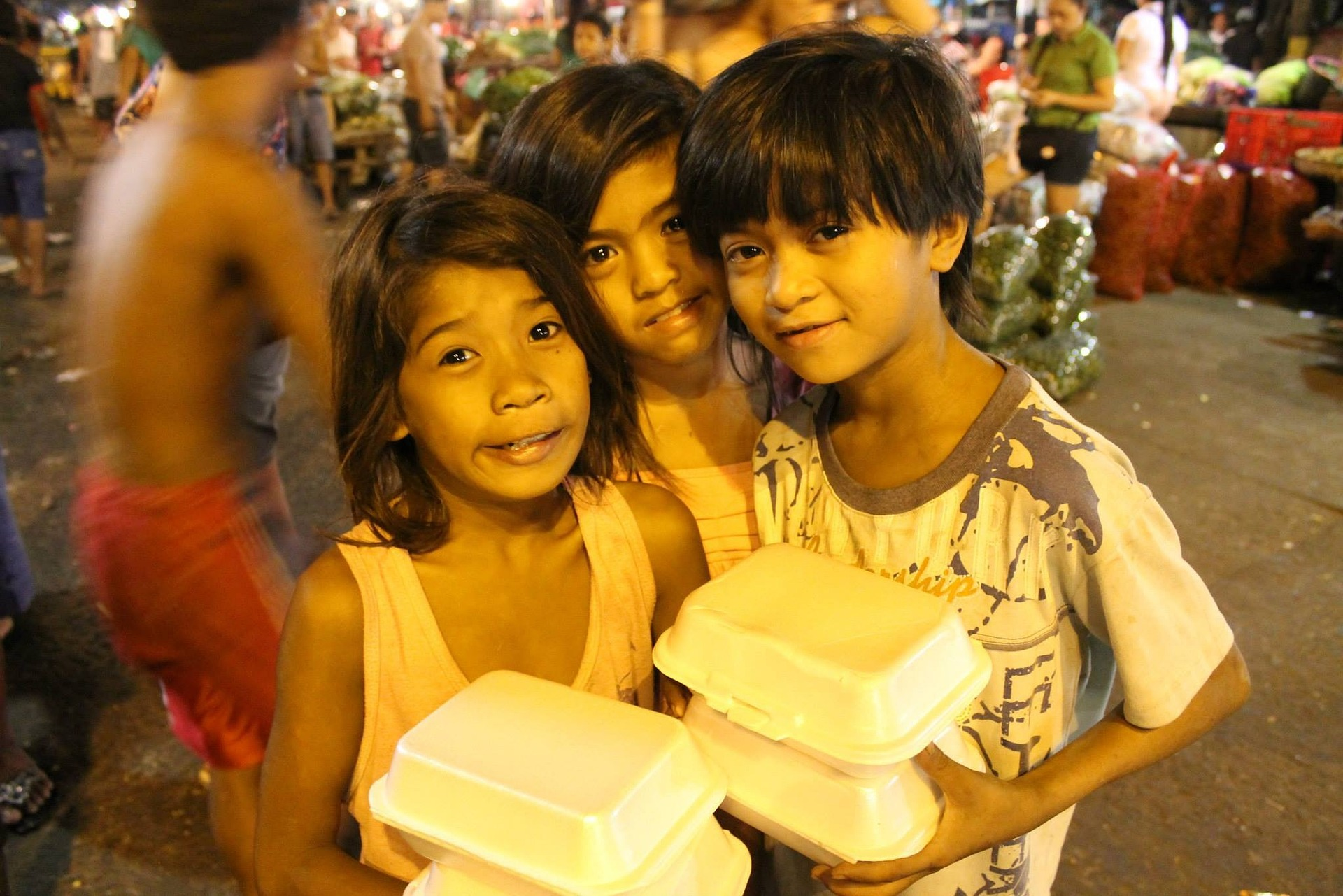The cooperation of the Department of Social Welfare and Development is imperative for the success of OPISAC and the stated goals and objectives of the organization. The selection process for program participation is rife with challenges.
Representatives from the DSWD are literally working with virtually every indigent and vulnerable individual and family within the Philippines. As such, it is only with their cooperation that OPISAC can ensure those volunteers selected are capable of learning and performing the duties they will be tasked with.
When the commercial ventures of OPISAC are more mature, additional programs will be put in place to provide the help needed for the worst of the indigent. They are not the worst by nature of their existence, but merely because the weight of living in abject poverty across multiple generations has left many without even a hint of hope.
As a result, many of the indigent and vulnerable population have developed debilitating conditions. The most common are addictions to drugs and alcohol. Others have resorted to gambling, always hoping for that one big score.
The cooperation of the Department of Social Welfare and Development will ensure OPISAC helps those ready for a hand up for now. Later, their work will shift to working with OPISAC to provide the support needed to help those even more in need of personalized assistance and support.
What is the Department of Social Welfare and Development?
The Department of Social Welfare and Development, or DSWD, is a government agency in the Philippines. It is responsible for creating and managing programs that help poor and vulnerable people. The goal is to improve their quality of life.
The DSWD works to support individuals, families, and communities who face hardships such as poverty, disability, or crisis situations. It also protects the rights of women, children, older persons, and persons with disabilities.
The DSWD is led by a Secretary, appointed by the President. The Secretary oversees the entire department and ensures the department delivers all programs and services effectively.
The organizational structure of the Department of Social Welfare and Development has many undersecretaries and assistant secretaries who manage different areas, such as policy planning, operations, disaster response, and social protection. This structure allows the Department of Social Welfare and Development to cover a wide range of social welfare needs across the country.
How is the DSWD Present in Every Barangay?
The Philippines has small local government units called barangays. These are the smallest political units and serve as the basic community level. The DSWD works closely with local government units, including barangays, to reach people in need.
Although the DSWD itself does not have an office in every barangay, it supports barangay officials and local social workers through funding, training, and technical assistance.
The Department of Social Welfare and Development provides augmentation funds to local governments. These funds help barangays deliver social welfare services directly to indigent families and individuals.
The DSWD also accredits and licenses local organizations and social workers who operate at the barangay level. This system ensures that social welfare programs reach even the most remote and poor communities.
How Does the DSWD Work with Indigent People and Families?
The Department of Social Welfare and Development has many programs designed to help poor and vulnerable groups. These programs include cash assistance, livelihood support, disaster relief, and protective services for families in crisis. The department uses a national targeting system to identify households that need help the most.
Social workers and local partners conduct assessments and provide direct support to indigent families. They help families access health care, education, and social protection. The DSWD also runs residential care facilities for children, older persons, and persons with disabilities who need special assistance.
The Department of Social Welfare and Development works with other government agencies, non-government organizations, and community groups like OPISAC to expand its reach. It provides training and capacity building to these partners so they can better serve their communities.
Through this network, the Department of Social Welfare and Development supports millions of Filipinos living in poverty or facing difficult circumstances.
The Department of Social Welfare and Development is the main government agency responsible for social welfare in the Philippines. It creates policies, manages programs, and provides support to local governments and communities.
While it does not have physical offices in every barangay, it works closely with barangay officials and local social workers to deliver services to indigent people and families. Through funding, training, and partnerships, the DSWD ensures that social welfare programs reach the poorest and most vulnerable Filipinos across the country.

